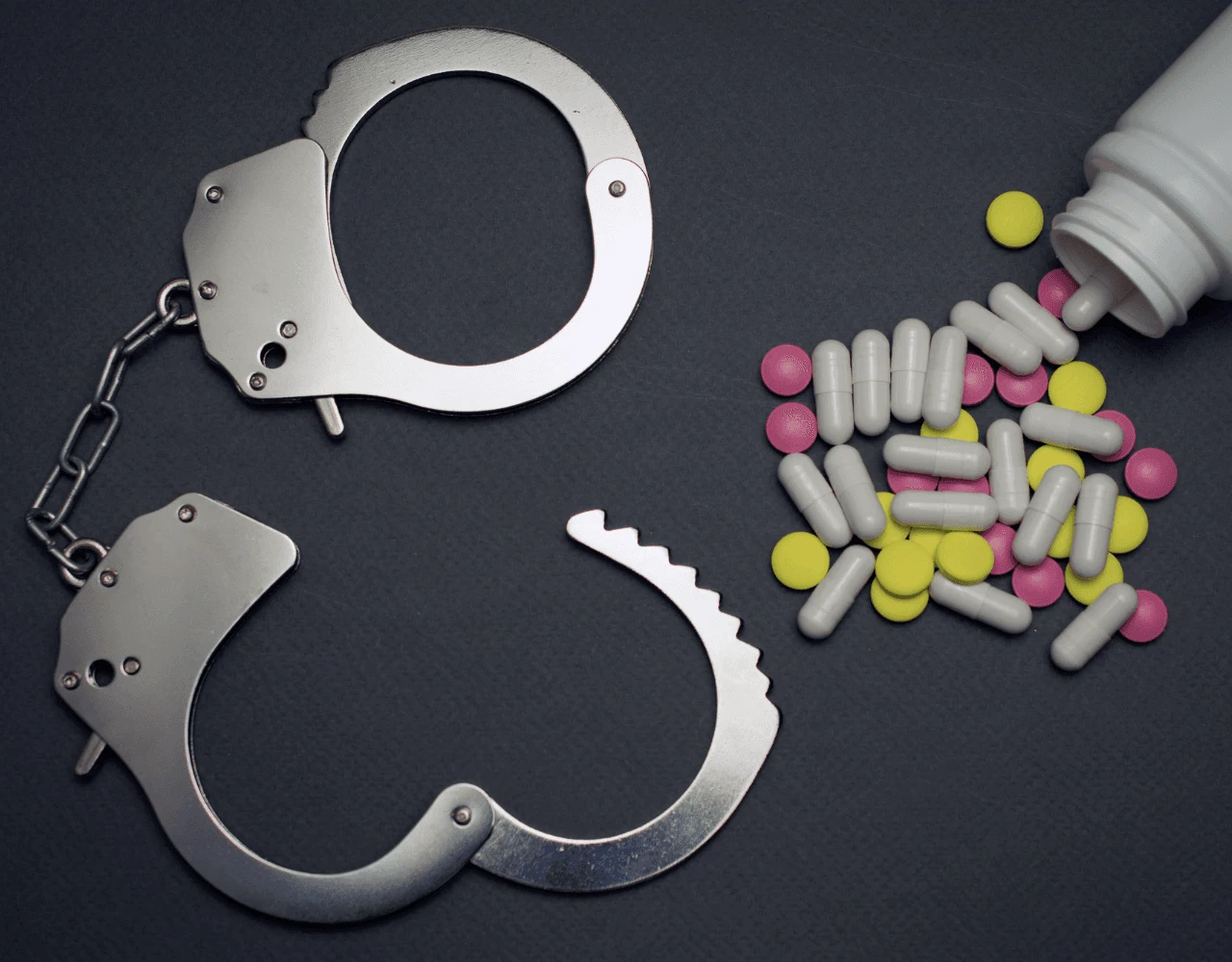Alternative Sentencing Options for Drug Charges in Chicago
2025-04-23T13:15:00
If you have ever been pulled over under the suspicion of DUI, you know that you will be asked to take a breathalyzer test by the officer who stopped you. However, many wonder “should I take a breath test” after being pulled over. In this article, we will share the information you need to know, so you are aware of your rights if you are ever pulled over.
An arrest for DUI is a serious matter. Generally, there are no easy answers about whether a person should take the breathalyzer test. Although there is a penalty for refusing the breathalyzer, a statutory summary suspension of the person’s driver’s license will prevent you from being able to drive for up to three years!. For first-time DUI offenders in Illinois, the summary suspension is 6 months for failing a Breathalyzer and 12 months for refusing.
First, there are two opportunities to take a breath test. The first opportunity will occur on the side of the road during the traffic stop. This breath test involves a small, hand-held device called a Portable Breath Test (and generally referred to as the PBT).

The second chance to take a breath test takes place in the police station. In the police station, the breath test is conducted using a large stationary machine that is slightly larger than modern desktop computers. The machine is called a breathalyzer. The difference between the two devices is important: the PBT is NOT admissible in evidence against the defendant, but the breathalyzer IS.
The PBT is used by a police officer to assist him in determining whether there is probable cause to arrest a person for driving under the influence. The person may refuse, and there is no penalty for doing so (whereas a driver’s license summary suspension will follow for refusing the breathalyzer).
When a police officer asks you to take a breathalyzer test, the officer will hand you a document entitled, “Warning to Motorist.” This will inform you that if you submit to a breathalyzer test and the test indicates that your blood alcohol level was .08 or above, your driver’s license will be suspended by the Illinois Secretary of State for 6 months. If you refuse to take a breathalyzer test, the Illinois Secretary of State will for 12 months suspend your driver’s license. These driver’s license suspensions will take effect on the 46th day after your arrest.
If you submit to a breathalyzer test and the breathalyzer test indicates that your blood alcohol level was .08 or above, or if you refuse to submit to a breathalyzer test, the officer will hand you a paper entitled “Notice of Statutory Summary Suspension.” The Notice of Statutory Summary Suspension will notify you that your license will be suspended, how long the license will be suspended, why your license is being suspended, and when the license suspension will take effect.

When you make an appointment with your DUI lawyer, you should bring those documents with you because they will contain important information which will help your attorney decide to take the necessary steps to stop the Secretary of State from suspending your driver’s license.
In most DUI cases, your refusal to take a breathalyzer test may make it more difficult for the state to prove you guilty of a DUI. A breathalyzer test indicating that your blood alcohol level was .08 or above makes it easier for the state to prove you guilty of a DUI.
But a lack of a breathalyzer test does not necessarily mean that the state will be unable to prove you guilty of a DUI. You may be found guilty of a DUI if all the other evidence in the case is enough to prove you guilty beyond a reasonable doubt of a DUI. The state may be able to use an admission, or a statement about consuming alcohol, that you made to show you guilty of a DUI.
The police officer’s testimony regarding your performance of the field sobriety tests, and a dashcam video of the field sobriety tests, or the testimony of witnesses, may be enough to prove you guilty of a DUI even if there are no breathalyzer test results.
The bottom line is, taking the sobriety tests is going to cost you more in the long run—larger fines and fees, and possibly longer jail time if it’s not your first offense.
If you are stopped, never agree to take the tests. Even if you blow under a .08 the police can and still will arrest you. REMEMBER! you do not need to take the breathalyzer test and a police officer cannot force you to do so!
Whether you were out in Cook County, Illinois with friends and loved ones or attending an event, being arrested for a Chicago DUI can be a stressful experience – especially if you have been summoned to appear in court for a DUI in Illinois the very next business day! You probably have many questions about penalties for a DUI in Illinois, the court process, and possible defenses you may have in your case.
You may also have concerns about your driver’s license and ability to drive. It is essential to be fully informed about several paths you can take regarding this administrative license suspension and the potential to reinstate your license. Contact us today, and we will be happy to explain which path might be right for you.
Our experienced Illinois DUI attorneys are available to answer your questions. We are not like other lawyers who use pressure tactics to hire them. Our experienced DUI lawyers in Cook County understand the anxiety you are experiencing. We can put your mind more at ease as we explain how we successfully defend Illinois DUI cases. We will also explain the court and investigation process where your case is pending. Our lawyers are available anytime to discuss your case – including weekends!

2025-04-23T13:15:00

2025-04-07T11:50:40

2025-03-24T11:55:03

